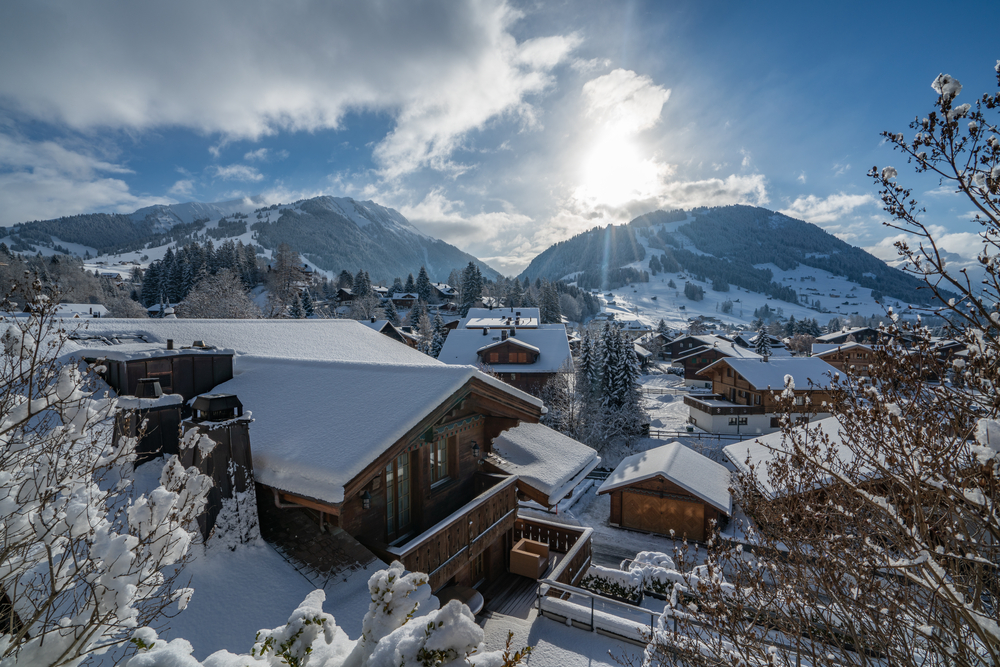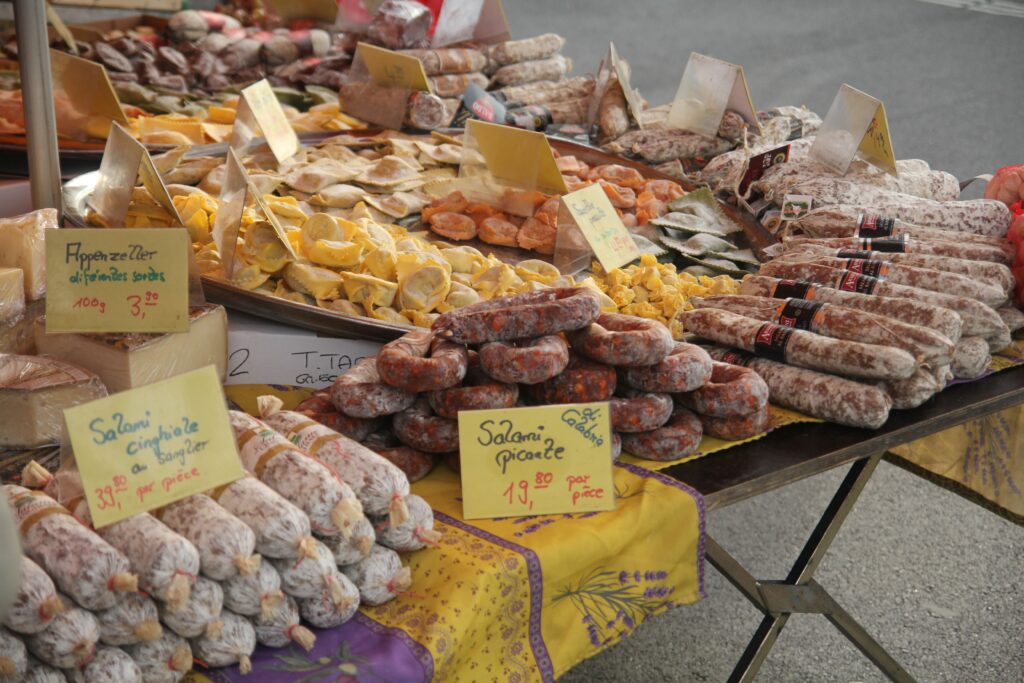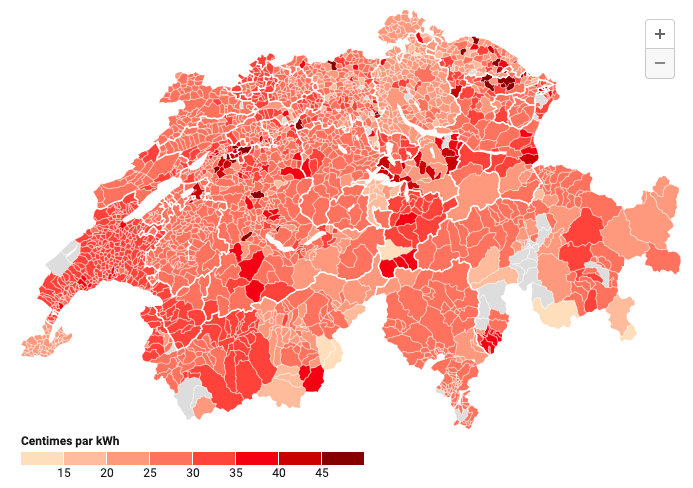Thu, Oct 13th 2022

Some parts of Switzerland will see a 280 percent increase in energy prices this winter.
With temperatures dropping and an energy shortage looming, Swiss residents are doing what they do best: preparing for the worst.
Despite the launch of a nationwide energy conservation campaign weeks ago, Swiss officials say residents have failed to move the needle on energy consumption. Should the nation fail to conserve enough energy, government officials say they may be forced to use rolling, regional blackouts. Many cantons this weekend will launch energy restrictions, including a 19 degree C cap on heating. The penalty for exceeding that limit? Fines and, possibly, jail time. And after two, trying years of pandemic restrictions, the Swiss are taking some matters into their own hands.

The Swiss have been hoarding wood in droves according to retailer Brack.
Is it hot in here?
The Swiss government advises that all residents have a certain amount of food, water and other survival essentials on hand in their nuclear bunkers (Yes, every Swiss resident has access to a nuclear bunker). But with the war in Ukraine and inflation causing added uncertainty, residents are filling their pantries more and stocking their wood piles high, according to data from online retailers.
Online retailer Brack sold five times more firewood in August and September than in years past, according to spokesperson Simone Franzke.
“Since this product takes up very large storage capacities in the requested quantity, we have currently removed firewood from our range,” Franzke told local paper Tages Anzeiger.
And for the Swiss without fireplaces, they have been ordering space heaters in droves. Online retailer Galaxus sold more than twice as many space heaters and radiators than in years past. Local home goods store Interdiscount sold even more.
“Our customers bought 3.5 times as many heaters as they did the year before,” said spokesperson Elianne Egli.
Yet another group of Swiss residents are going straight to the source – outfitting their homes with energy saving equipment and putting solar panels on their roofs.
“In the last two months, sales of solar panels have reached about ten times the same months last year,” Egli said. Energy banks and power strip devices have become popular items at Interdiscount. Even candles, lighters and matches are flying off the shelves. At Brack, sales of such items have quadrupled in the last three months.

Prices for cheese, like these at an outdoor market in Geneva, are on the rise as refrigeration costs soar.
Just the necessities
While online retailers are not reporting high sales of items like toilet paper that were in demand at the beginning of the Covid pandemic, there is a strong demand for canned food and dry goods. Galuxus recorded a 540 percent increase in the demand for canned goods in September.
“We recorded the greatest growth in this area last month,” Galuxus spokesperson Stephan Kurmann told TA. Sales of products with long shelf lives like tea, UHT milk and even cocoa powder are up by nearly 300 percent. Pasta is also being snatched up at an increase of 171 percent; although, economists attribute this to the rise in pasta prices due to a projected wheat shortage. Pasta is one of only four foods that has seen a double-digit spike in price in the last few months, according to data from the Federal Statistical Office (FSO).
Pasta has seen a 13 percent increase in price, cooking oil 11 percent, butter 10 percent and coffee 10 percent. Next on the list comes fish, chicken, milk, bread, eggs and beef. Meanwhile, fresh vegetable prices dropped by nearly 5 percent, but don’t get too used to that, experts say.
The price of fresh fruit and vegetables will increase by 3 to 4 percent in the coming weeks, thanks solely to the skyrocketing cost of the energy to keep them refrigerated. Energy prices in Switzerland are up, on average, 28 percent. Fuel oil leads the way with a whopping 86 percent increase, natural gas is up 58 percent, and gasoline is up 28 percent, according to FOS data.

The interactive version of this map shows how each region will be affected by rising energy prices in 2023.
What’s ahead for Switzerland
So far, Switzerland has managed to keep its inflation to 3.5 percent while the rest of the world is seeing much higher rates.
“The situation remains positive for Switzerland,” chief economist at Credit Suisse Claude Maurer told The Local. He predicts inflation will drop back to 1.5 percent in 2023.
Chief economist at BAK Economics, Martin Eichler, disagrees.
“In many of Switzerland’s European trading partners, the toxic mix of energy shortages and massive gas and electricity price hikes are already having recessive effects,” Eichler said. He added that Switzerland will not be able to escape the spillover effect from the rest of Europe over the next few months.
This article may be freely shared and re-printed, provided that it prominently links back to the original article.
